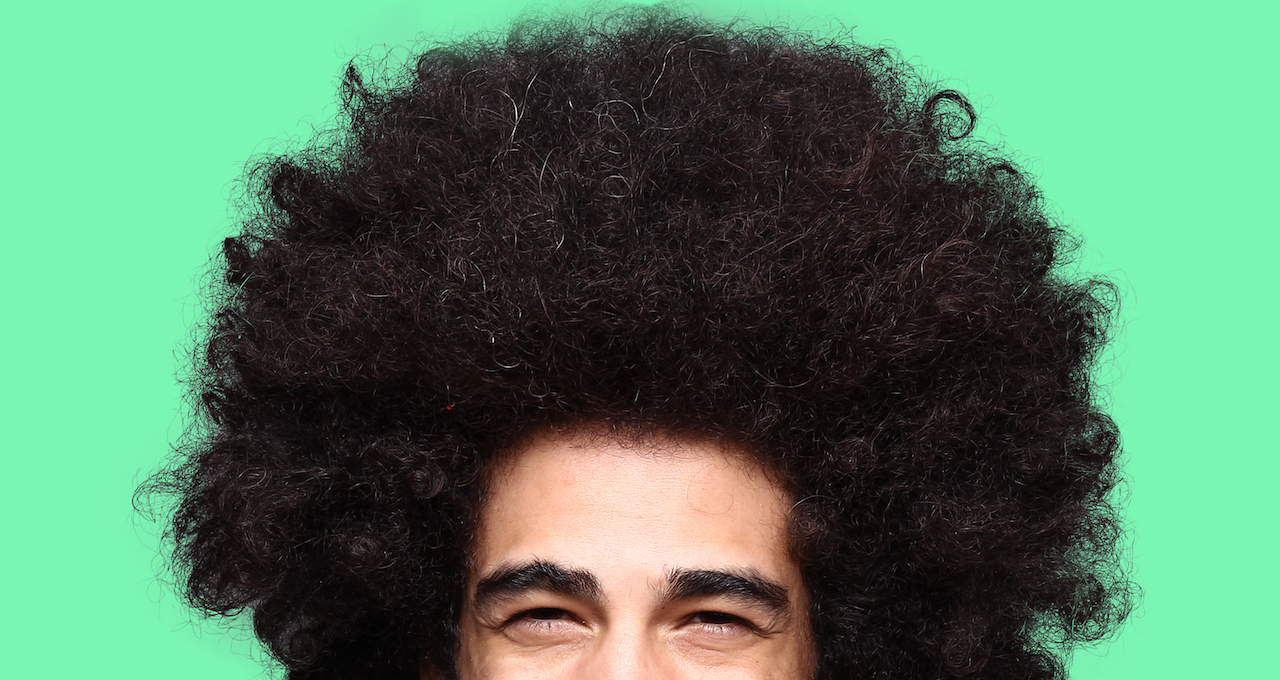Uh oh… it’s those telltale white and grey flakes, making it look like your head is snowing! Dandruff can be embarrassing, and no matter how many times you wash your hair, the problem keeps coming back.
There is good news, though: dandruff is perfectly treatable.
Dandruff, decoded
You are not alone! Half of the people in the world are affected by dandruff. It’s a chronic scalp condition that causes the flakes of the skin to appear on the surface of the scalp and hair; sometimes ending up in your ears too. The noticeable flakes may vary in colour from white, yellow to grey. This condition may start from the ages of 10-20, and can still be present as you get older.
What are the causes for the flakes?
Dandruff is caused by a fungus called Malassezia, which feeds on oil of the hair follicle. The fungus is normally found in the natural skin flora. The dandruff happens when the protective barrier of the skin weakens, resulting in overgrowth of fungus and excessive shedding of dead skin on the scalp.
Dandruff can also be caused by seborrhoeic dermatitis (oily skin); a form of eczema linked to an overgrowth of yeast, which can be triggered by stress, the weather, or genetics.
Other culprits of flakes are hair dyes, or not shampooing properly. It’s easy to confuse dandruff with a dry scalp, psoriasis and product residue, since the symptoms are the same:
- Itchiness
- Dry scalp
- Redness on the scalp
How can it be treated?
Treatment to stop dandruff will aim to slow the reproduction of skin cells that cause dandruff and neutralise the fungus too. Dandruff doesn’t go away on its own; an anti-dandruff shampoo will help. An antimicrobial (an agent that kills microorganisms or stops their growth) called Zinc Pyrithione, is an active ingredient in most anti-dandruff shampoos and is effective in getting rid of flakes.
Look for these anti-dandruff ingredients in products:
- Climbazole
- Coal tar
- Ketoconazole
- Piroctone olamine
- Pyrithione zinc
- Salicylic acid
- Selenium sulphide or sulfur.
These compounds have antifungal agents that are effective in treating skin conditions.
Just because you’re susceptible to dandruff doesn’t mean you have to suffer from it. Certain minerals and vitamins can keep the skin and scalp healthy and help with factors that contribute to it.
Vitamin A: Supports and maintains the function of skin cells. Get your fill from dark leafy greens, tropical fruits, sweet potatoes and carrots.
Good oils: Lack of oil in your diet means dry hair. Add olive, peanut, safflower, or sunflower oil when preparing food.
Vitamin C: Foods that are packed with Vitamin C can help prevent conditions that can be triggered by weakened immunity (dandruff). Get your dose from citrus fruits, strawberries and leafy greens.
Zinc: This mineral is necessary for new cell growth and development; which is essential in the maintenance of healthy skin, nails and scalp. Foods high in zinc include chicken, mushrooms, pumpkin seeds, beef, dark chocolate and garlic.
Vitamin B: The vitamin is responsible for growth and creation of new cells. Eggs, salmon, beef liver, whole grains, avocado, legumes and nuts are helpful.
References
- http://www.nhs.uk/Conditions/Dandruff/Pages/Introduction.aspx
- https://www.ncbi.nlm.nih.gov/pmc/articles/PMC3380954/
- https://www.headandshoulders.com/en-us/about/faq/natural-remedies-for-dandruff
- https://mydoctor.kaiserpermanente.org/ncal/provider/koryzipperstein/resources/dc/condition?condition=Condition_Dandruff Dermatology.xml&bc=N,mdo,content,conditions,regions,ncal,Condition_Dandruff_-
- http://health.usnews.com/health-news/articles/2012/06/14/10-best-foods-for-your-hair\
- http://www.medicalnewstoday.com/articles/318403.php

